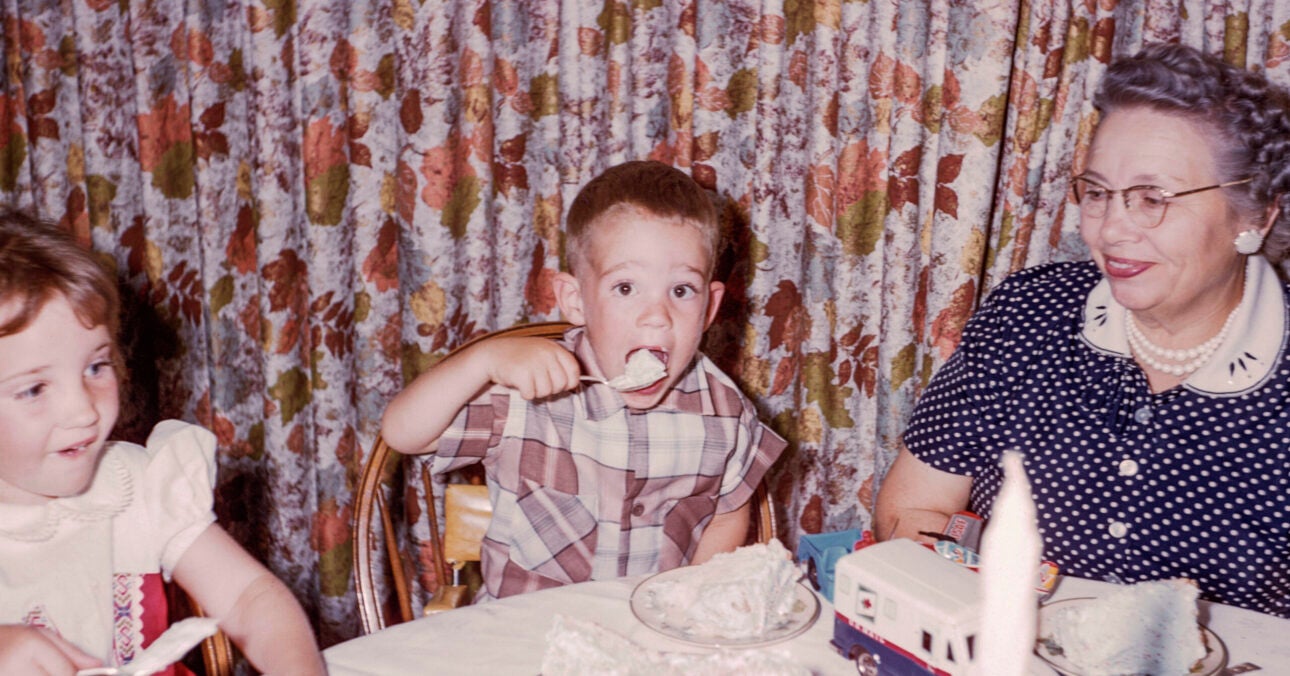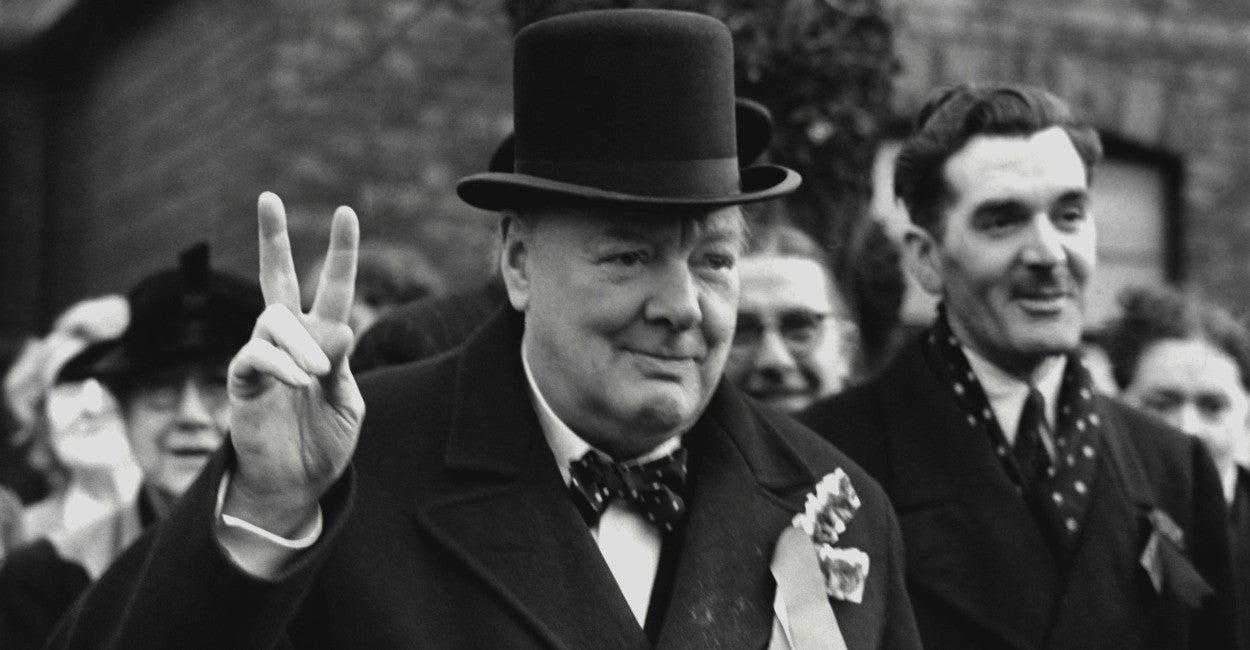Winston Churchill wrote as much as he acted, and he wrote about every action. His books number more than fifty. His speeches, written almost exclusively by him, take up more than eight thousand crowded pages in a series of books that only purports to be exhaustive.
His articles are almost numberless, and his memos and letters stream out in eloquent profusion. The fifteen million words that he wrote have a dual character. They are like the actions he took in that they reflect ambition and practical purpose.
They are meant to advance himself and his causes as much as any decision he made or any vote he cast, as much as any charge he launched or retreat he endured. At the same time, they are explanations and reflections, commentaries on the way of politics, as politics reflects the way of life.
The Daily Signal depends on the support of readers like you. Donate now
Churchill conceived of constitutionalism as reaching its excellence in the British and the American constitutions.
The two constitutions are dissimilar in important ways, and Churchill had extensive things to say about their differences as well as their similarities. It was for him a subject of the first importance.
We should not take for granted that statesmen, even significant ones, are attached to constitutions, for statesmanship and constitutionalism are in some senses conflicting.
>>> For more on this, see Larry Arnn’s new book, “Churchill’s Trial: Winston Churchill and the Salvation of Free Government”
Statesmanship is what individual men and women do at the head of the political community. The constitution is the form according to which they do what they do. Statesmanship in particular cases may pursue good objects or bad for good motives or bad, but it always begins with the wills or choices of the statesmen. This choice is always heavily influenced by the constantly shifting details and circumstances through which statesmen fight their way. Statesmanship is practiced right here, in the pressing and urgent now. Statesmen tend to be assertive people, or they never would get into places of authority.
On the other hand, constitutions set limits as much as they grant authority; they establish boundaries on what both statesmen and citizens may do, even as they establish a domain where each may operate.
The British and American constitutions that Churchill admired were adopted a long time before his birth; they can take no account of the immediate circumstances in which he made his career. One can see why Churchill or any statesman would find constitutions inconvenient: they are fixed and hard to change; the law obstructs the will, and constitutions, the grandest of laws, obstruct the will most grandly.
For this reason many statesmen are torn between the pressures they face and the laws under which they operate. Some of them make a frank subordination of the latter to the former. Churchill rejected this in principle, however much he pushed to get his way and to get things done. He sought to reconcile the job he undertook as a member of Parliament and as a minister with the British Constitution, and in this he differed from many contemporary world statesmen. Churchill was especially concerned with the reputation of the British Constitution among the British people who lived under it, were sustained by it, and had the responsibility in their turn to sustain it.
This is all the more striking when we see that the trends around Churchill moved powerfully in the other direction. He had significant authority and influence through the greatest modern depression and the two greatest wars in history.
We know from the classic authors that the meaning and purpose of peoples and nations are revealed when they are in motion, under stress.
We find out about them when they are called to some ordeal of conquest or survival, or both. We see what they value to the point of perishing; we see how they defend this most valuable thing; we see if they differ as to what this thing is or how to defend it, or both. We do not learn the whole story until they come to the testing point. Churchill and Britain stood at this point more than once during his life.
In regard to constitutionalism, Churchill stood against the main trends and also the tempests that raged through the twentieth century. Three of these trends are the terrain upon which he faced his trial: the rise of Nazism and of the Soviet Union, and the leftward turn in Western democracies.
This has been adapted from Larry Arnn’s new book, “Churchill’s Trial: Winston Churchill and the Salvation of Free Government.”






























